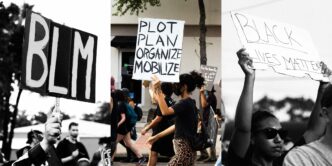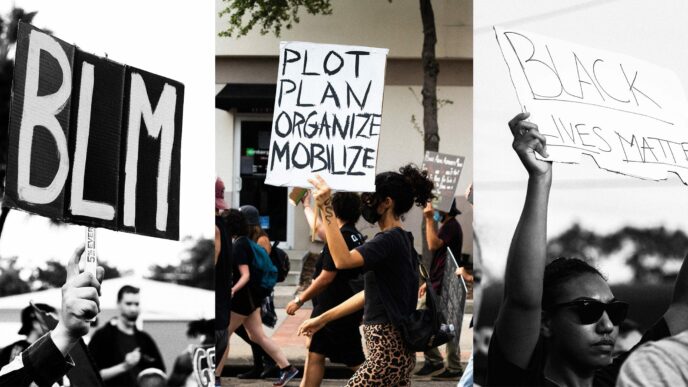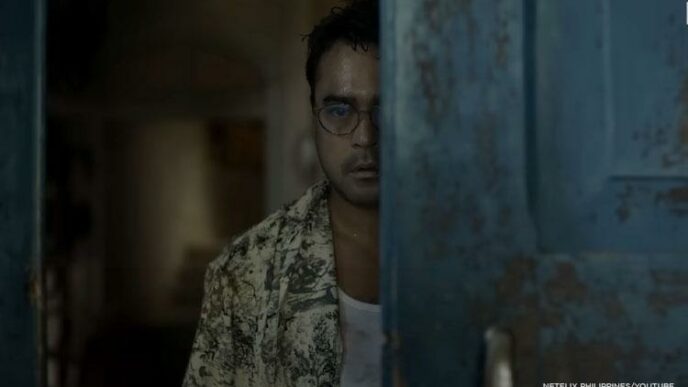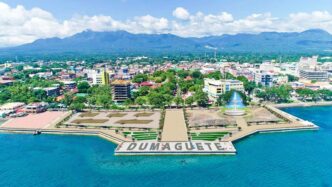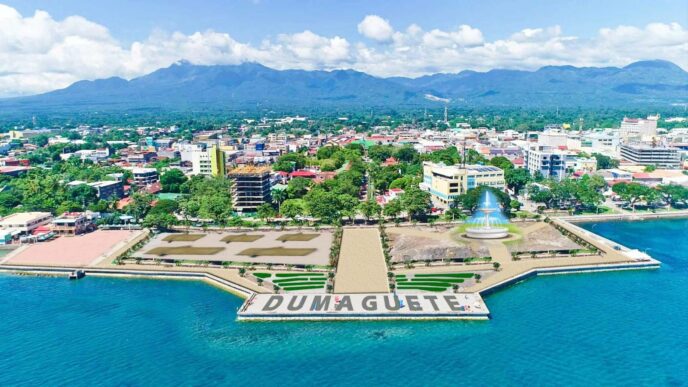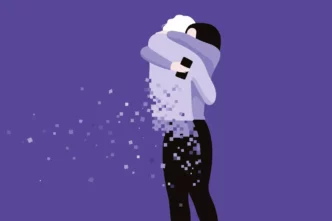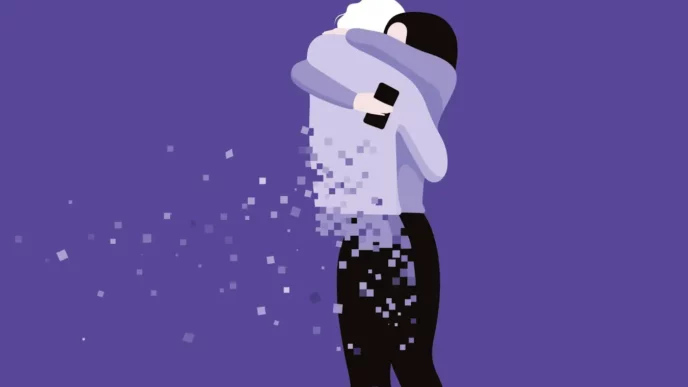By Cynthia Shank
The first bodies were still warm when the cameras started rolling.
October 7, 2023—a date that cleaved history into before and after. The world watched, gasping, as violence spilled across screens in real time. Everyone had an opinion, a post, a flag in their bio. Two years later, those same images barely register.
At least 67,000 Palestinians have been killed in Gaza—civilians, children, entire families. The numbers are staggering, clinical, and easy to scroll past. Somewhere between the first thousand deaths and the sixty-sixth, something shifted.
The genocide did not end. We just stopped watching.
Desensitization doesn’t happen all at once. It’s a slow drip. The first video of a bombed hospital leaves you nauseous. The tenth makes you pause mid-scroll. By the hundredth, your thumb keeps moving. The algorithm learns this, nestling Gaza between sitcom clips and vacation reels—just another tile in the endless scroll of content.
At least 217 Palestinian journalists have been killed by Israeli strikes—the deadliest toll among media workers since World War II. More than two hundred people whose job was to make us see have been silenced. Yet most of us couldn’t name a single one.
When horror becomes constant, outrage curdles into fatigue, then apathy, then acceptance. This is just how things are now. This is just what happens there. This is Gaza.
If proof were needed that the world has made peace with Gaza’s erasure, look no further than the Global Sumud Flotilla. In late August, over 40 civilian boats carrying 500 activists from 44 countries set sail across the Mediterranean—bearing food, medicine, baby formula.
Among them were climate activist Greta Thunberg, veterans, lawmakers, and ordinary people who decided they could not just watch anymore. But they never made it.
Israeli naval forces intercepted the ships 70 nautical miles from Gaza, cutting communications and detaining more than 200 people from 37 countries—in international waters, a violation of maritime law. Aid meant for people in famine was reportedly thrown into the sea. Food that could have saved lives—discarded like contraband. Even the gesture of mercy had to be destroyed.
The flotilla barely made headlines. A brief flash when Thunberg’s face appeared in an Israeli Foreign Ministry video—then silence. The news cycle moved on.
Psychologists call this compassion fatigue—a numbing from too much suffering too often. It sounds clinical, almost excusable, as if we’re victims too. But this isn’t just exhaustion. It’s a choice—what we’ve decided is tolerable, what cruelty we’ll accept in plain sight.
The flotilla’s interception was not an aberration. It was a test of how brazen the cruelty can get before someone, anyone, says enough. Apparently, there is no limit.
Western governments that roared about Ukraine’s sovereignty suddenly developed selective blindness. The same politicians who condemned Russian aggression stumble over their words when asked about Gaza, hiding behind phrases like Israel’s “right to defend itself.” As if defense requires flattening neighborhoods and hospitals.
The media softens language into neutrality. Palestinians don’t get killed—they “die.” Airstrikes become “conflicts.” Headlines speak of “clashes” when what they mean is massacre.
Even activism has dulled. “Free Palestine” went from rallying cry to Instagram accessory—wedged between pronouns and coffee orders. Protest has been commodified into performance, measured in likes instead of change. We confuse visibility with action, scrolling as if that were resistance.
The cruelest irony is that this genocide was supposed to be different. For the first time, atrocity unfolded with unprecedented documentation. Every Gazan with a smartphone became a witness to their own destruction. The world could not say, We didn’t know. Becaus they knew, they saw.
We scrolled.
That is what makes this moment so chilling. Future generations won’t ask how we didn’t know—they’ll ask how we knew and did nothing.
Footage from Gaza remains haunting. Not just the bombings—the white phosphorus blooming like deadly flowers, buildings collapsing into dust—but the moments in between: a child’s birthday in a tent, a wedding in a refugee camp, a father teaching his daughter to read by candlelight. Life insists on itself amid death.
These should break us. Instead, they’ve become part of a genre—human suffering consumed, then forgotten.
Maybe the question isn’t why we’ve normalized genocide, but what normalizing genocide has done to us. We live in a world where throwing food meant for starving children into the sea barely warrants coverage. Where 217 dead journalists are a statistic, not a scandal. Where 66,000 dead Palestinians are just the cost of doing business.
We’ve built entire frameworks to justify our inaction. We say it’s “complex.” We invoke “both sides.” We weaponize accusations of antisemitism to silence criticism of state violence. But mostly, we say nothing—because to speak is to confront uncomfortable truths about what we value, who we consider human, and what price we’ll pay for our own comfort.
The flotilla volunteers understood what caring truly means: risk, discomfort, and action. They sailed knowing they might be stopped. They went anyway, because to sit idle while people starve was unthinkable.
For the rest of us, sitting idle has become normal.
Two years later, Gaza is still under siege. The bombs still fall. Children are still pulled from rubble. Hospitals still operate without power, without anesthesia, without hope of resupply. And the world has largely moved on.
The flotilla took its name from the Arabic word sumud—steadfastness, the refusal to surrender. It’s how Palestinians have lived for 76 years, and what those volunteers carried across the sea: proof that resistance endures, even when the world stops watching.

